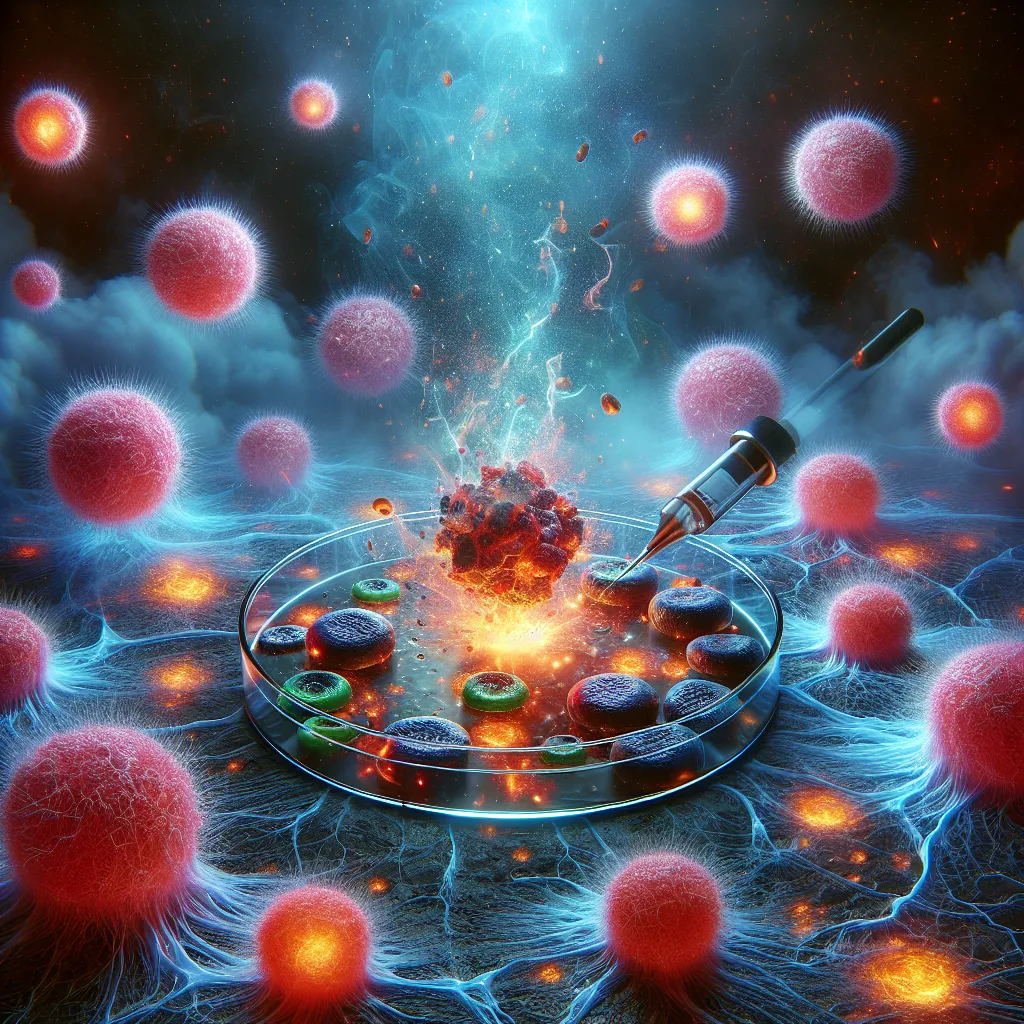Breakthroughs in CAR T-cell Therapy for Solid Tumors
Breakthroughs in CAR T-cell therapy for solid tumors have marked a significant advancement in cancer immunotherapy research. This innovative approach involves engineering a patient’s T-cells to express chimeric antigen receptors (CARs) that can recognize and target specific tumor antigens. While CAR T-cell therapy has shown remarkable success in treating hematological malignancies, its efficacy against solid tumors has been more challenging to achieve.
Researchers and clinicians are making groundbreaking strides in overcoming the obstacles of applying CAR T-cell therapy to solid tumors. Recent studies have demonstrated promising results in preclinical and early-phase clinical trials, showcasing the potential of CAR T-cell therapy in treating a variety of solid tumor types, including lung cancer, pancreatic cancer, and ovarian cancer.
One key area of advancement revolves around enhancing the persistence and infiltration of CAR T-cells within the solid tumor microenvironment. Strategies such as incorporating additional co-stimulatory molecules, utilizing cytokine stimulation, and employing gene-editing techniques have shown immense potential in bolstering the anti-tumor activity of CAR T-cells.
Furthermore, scientists are also exploring the synergistic effects of combining CAR T-cell therapy with other immunotherapeutic agents, such as checkpoint inhibitors and immune-modulating antibodies. These combination approaches aim to unleash a more potent and sustained immune response against solid tumors while minimizing potential resistance mechanisms.
As the field of cancer immunotherapy continues to evolve, the progress in CAR T-cell therapy for solid tumors stands as a testament to the relentless pursuit of more effective and personalized cancer treatments. With ongoing research and clinical developments, the prospects for integrating CAR T-cell therapy into the mainstream treatment paradigm for solid tumors appear increasingly promising.
The Role of Checkpoint Inhibitors in Enhancing Immune Response
Recent advancements in cancer immunotherapy research have focused on developing innovative treatment approaches that harness the power of the immune system to target and eliminate cancer cells. One of the key areas of interest in this field is the role of checkpoint inhibitors in enhancing the immune response against cancer.
Checkpoint inhibitors work by targeting proteins that act as checkpoints in the immune system, preventing overactivation of immune cells and maintaining immune tolerance. Cancer cells can exploit these checkpoints to evade detection and destruction by the immune system. By inhibiting these checkpoints, checkpoint inhibitors can unleash the full potential of the immune system to mount a robust anti-tumor response.
Several checkpoint inhibitors, such as PD-1 inhibitors (e.g., nivolumab, pembrolizumab) and CTLA-4 inhibitors (e.g., ipilimumab), have demonstrated remarkable efficacy in treating a variety of cancers, including melanoma, lung cancer, and kidney cancer. These agents have shown durable responses and improved survival rates in patients with advanced or metastatic disease.
Furthermore, research efforts are ongoing to explore combination therapies involving checkpoint inhibitors and other immunotherapeutic agents, such as cancer vaccines and adoptive cell transfer, aiming to enhance the overall effectiveness of immunotherapy and expand its applicability to a wider range of cancer types.
As the understanding of the complex interplay between the immune system and cancer continues to deepen, checkpoint inhibitors stand out as a promising strategy for bolstering the immune response and transforming the landscape of cancer treatment.
Harnessing the Power of Natural Killer Cells in Cancer Immunotherapy
Recent advancements in cancer immunotherapy research have revealed the potential of harnessing the power of natural killer (NK) cells in the treatment of cancer. NK cells are a type of lymphocyte that play a crucial role in the body’s innate immune response against cancer cells. Unlike other immune cells, NK cells are capable of recognizing and directly killing cancerous cells without prior sensitization, making them an attractive target for cancer immunotherapy.
One of the key strategies in leveraging NK cells for cancer treatment involves enhancing their cytotoxic activity against tumor cells. Researchers are exploring various approaches to boost NK cell function, including the development of monoclonal antibodies that stimulate NK cell activity and the use of cytokines to promote NK cell proliferation and activation.
Furthermore, scientists are investigating the potential of NK cell-based therapies, such as adoptive NK cell transfer and chimeric antigen receptor (CAR) NK cell therapy, as promising avenues in cancer immunotherapy. These approaches aim to engineer NK cells to specifically target and eliminate cancer cells, presenting a potent and targeted treatment option for various types of cancer.
Moreover, the combination of NK cell-based therapies with other immunotherapeutic agents, such as checkpoint inhibitors and cancer vaccines, is being explored to capitalize on the synergistic effects of different treatment modalities. This multimodal approach seeks to enhance the overall anti-cancer immune response and potentially overcome mechanisms of tumor immune evasion.
In conclusion, harnessing the power of natural killer cells in cancer immunotherapy represents a promising frontier in the ongoing battle against cancer. As research in this field continues to evolve, the potential of NK cells as a cornerstone of cancer immunotherapy holds great promise for improving treatment outcomes and expanding the therapeutic options available to cancer patients.

